Sleep deprivation effects: 5 things that happen to your body when you don't get enough sleep
How much damage can a few late nights really do? Discover the full (scary) effects of sleep deprivation

We all know that smoking is bad for your health. Not to mention drinking too much alcohol, and eating too much fatty food. But have you ever seen a national campaign warning people about the dangers of sleep deprivation? Us neither, but the uncomfortable truth is that lack of sleep can do major damage to your health.
In general, people need between seven to nine hours of sleep per night. Any less, and you’re increasing your chances of suffering from conditions including high blood pressure and heart disease. Yet how many of us actually get that amount of sleep on a regular basis?
Worryingly, many of us think of sleep like a bank overdraft. We can miss a couple of hours here and there on weeknights, say, and catch up by having a Sunday lie-in, right? Wrong! In fact, research suggests it can take up to four days for your body to recover from a single hour of lost sleep. So if anything, it's more like having an overdraft where you get charged £50 for going overdrawn by £10.
But here’s the good news. With so many of us working from home right now, we have a fresh opportunity to reorganise our schedules, and ensure we build in time for a decent sleep, night after night (monitor your efforts with one of the best sleep trackers). And just in case you need further motivation, in this article we look at five effects of sleep deprivation you may not know about.
Struggling to sleep? A new sleep setup might help – and right now there are some excellent cheap mattress deals to take advantage of. Head to our best mattress guide for our recommendations.
1. You'll get sick more often
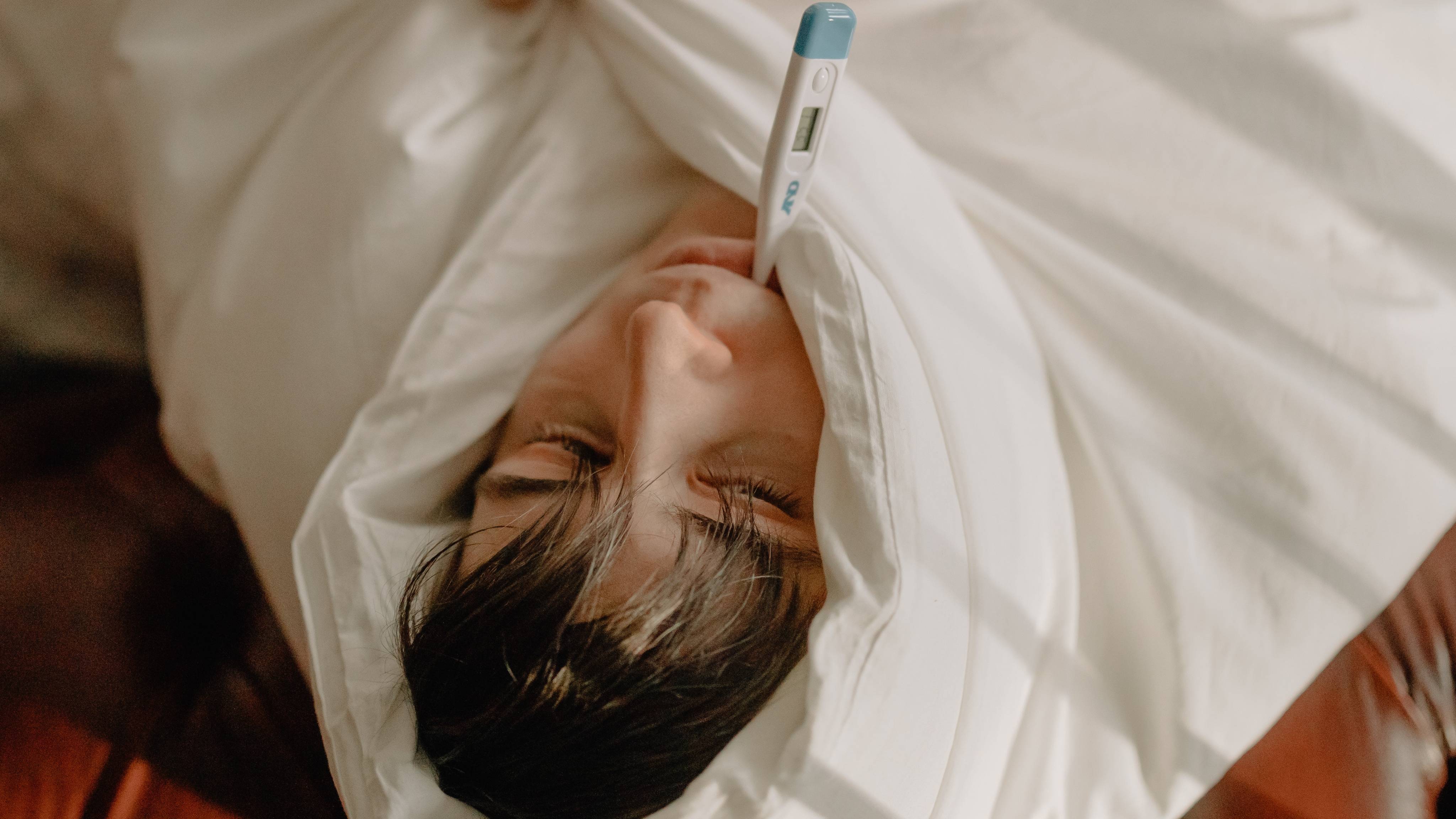
When we get sick, we rely on our immune system to fight back against the infection and make us well again. Research shows, however, that lack of sleep damages its ability to do so. For example, in one study, researchers took blood samples from 11 pairs of identical twins with different sleep patterns. They discovered that the twin who slept least had the most depressed immune system of the two.
This occurs because sleep is when our bodies both produces and releases cytokines: a class of small proteins that play a vital part in the immune process. Without them, your body is less able to fight off infections such as a cold, flu or Covid-19, even if you’ve received a vaccine. So you’re more likely to catch something nasty, and when you do, it’ll take longer to recover. Scary stuff.
Get all the latest news, reviews, deals and buying guides on gorgeous tech, home and active products from the T3 experts
2. You'll gain weight
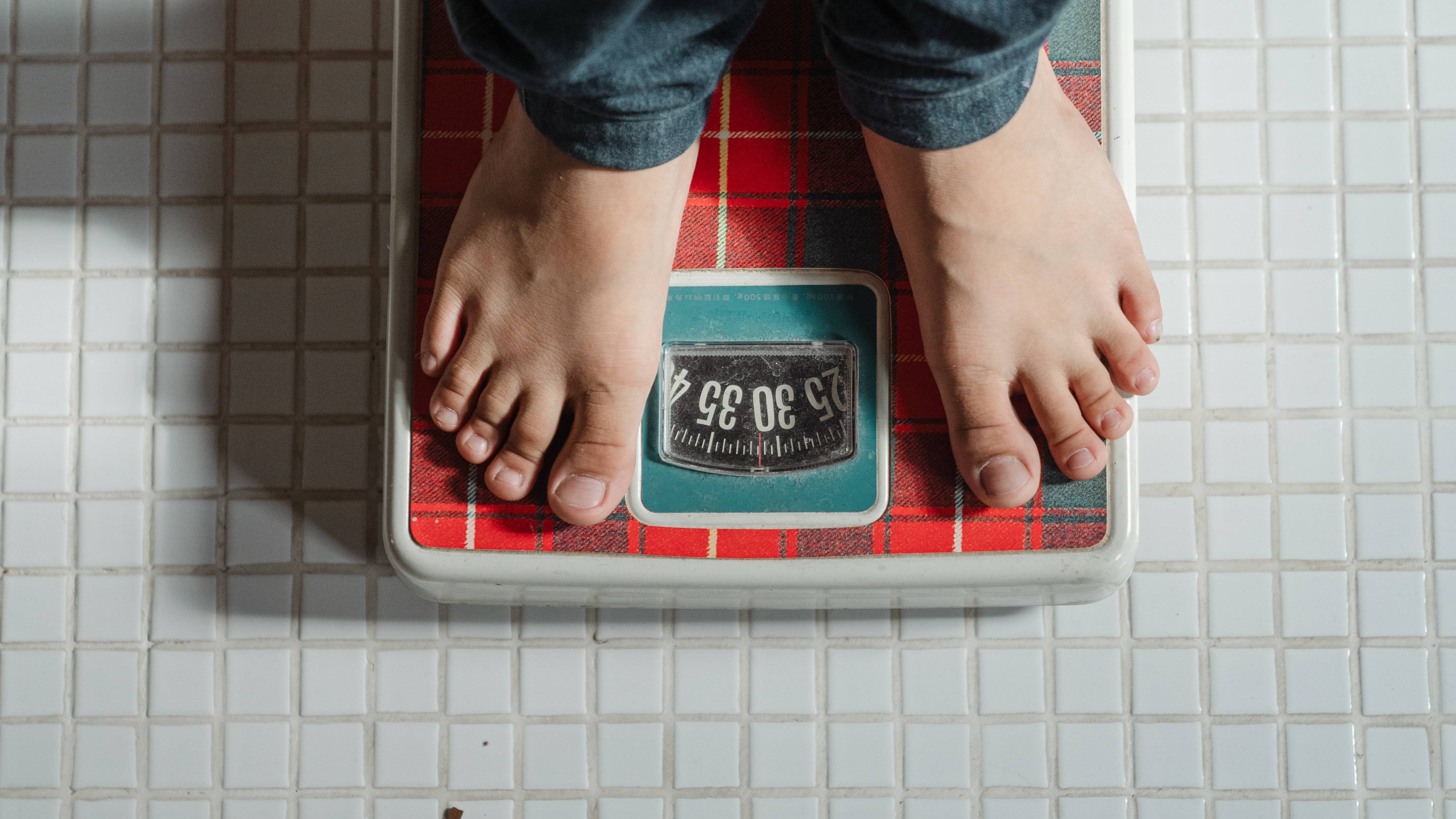
Studies show that people who sleep less than seven hours a day tend to gain more weight and have a higher risk of becoming obese than those who get more time in bed. This is because the bodies of sleep-deprived people have lower levels of leptin, a chemical that makes you feel full once you’ve eaten, as well as higher levels of ghrelin, a hormone that stimulates hunger.
This effect is surprisingly fast acting. For example, one study found that one week of sleeping about five hours a night led participants to gain an average of two pounds in weight.
The good news is that it works both ways: increasing the amount you sleep can help you lose weight. In another study, 472 obese adults took part in a six-month weight loss programme. The researchers found that people who slept between six and eight hours a night had a greater chance of achieving their weight-loss goal than those who slept less.
3. You’re more likely to get diabetes
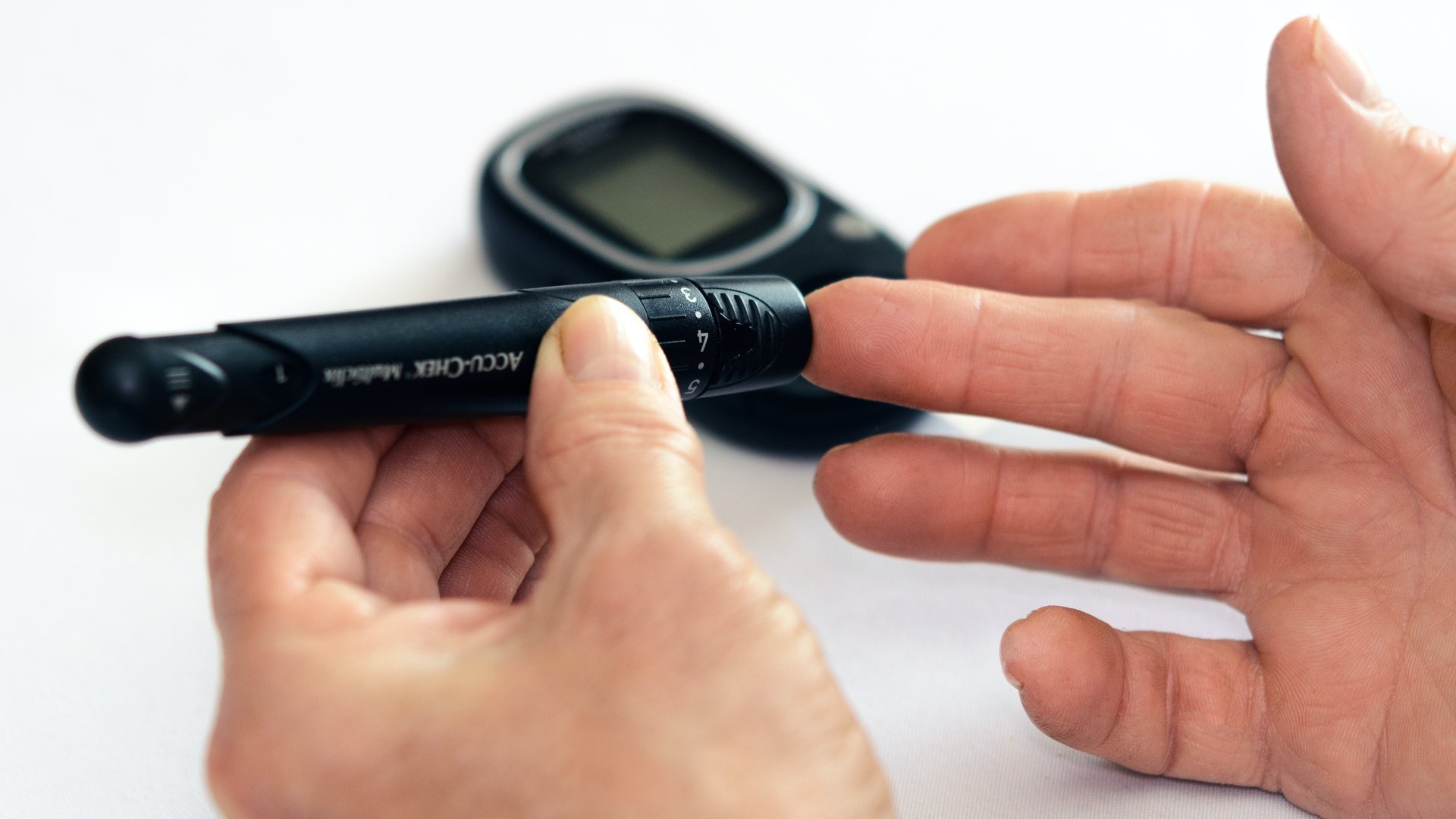
A large body of research suggests that people who usually sleep less than eight hours a night have an increased risk of developing Type 2 diabetes (see this study for example). That’s because ongoing sleep deprivation means your body secretes more stress hormones, such as cortisol, which helps you stay awake. Unfortunately, this makes it harder for the hormone insulin to do its job properly in regulating our body’s blood sugar levels.
This creates a vicious circle with the effect we noted above, where poor sleep increases your appetite and leads you to eat more fatty and sugar foods. This too will mess with your insulin and blood sugar levels, leading to a double whammy when it comes to the risk of getting Type-2 diabetes.
- Best weighted blanket: This can help with anxiety
- Here are the best duvets to snuggle under
- Make you bed a little comfier with one of the best mattress toppers
4. You're more like to suffer depression
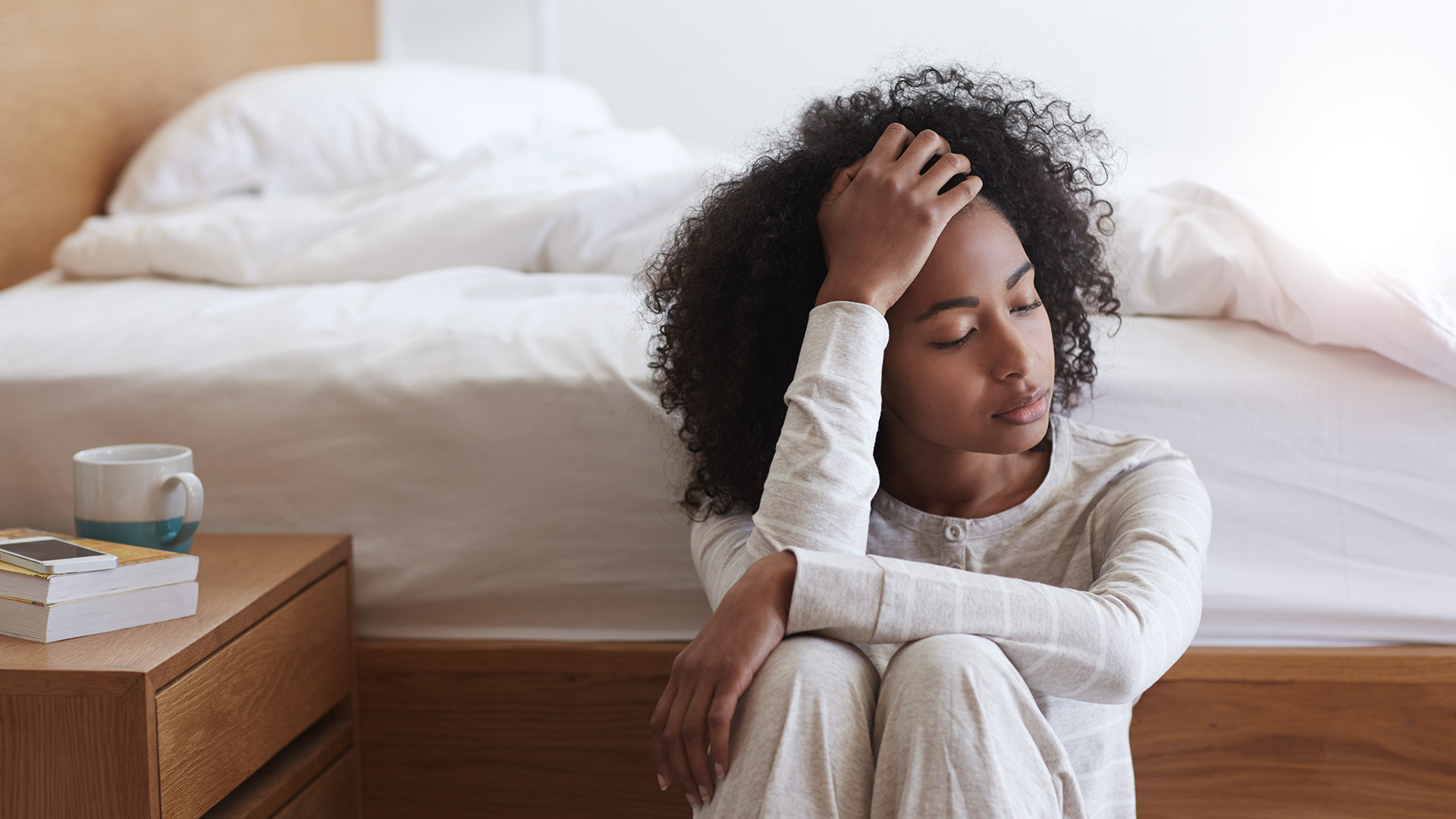
Everyone gets crabby after a poor night’s sleep. But the long term effects of continuous sleep deprivation can be much more serious when it comes to your mental wellbeing, causing or heightening conditions such as depression and anxiety.
That’s because sleep isn’t just about renewing our physical body, it’s also about recharging our brains and sorting through all the complex emotions we experience on a daily basis. REM sleep in particular appears to be especially important to processing painful and difficult memories, gradually blunting their sting and preventing us from reliving them over and over again, at least to the same level of intensity. Lack of sleep, though, stops our brains from doing this so well.
The consequences of this can be wide ranging. For instance, one study found that sleep deprived people experience more negative thoughts, while another suggested they feel less grateful for their romantic partners.
5. You'll have less sex
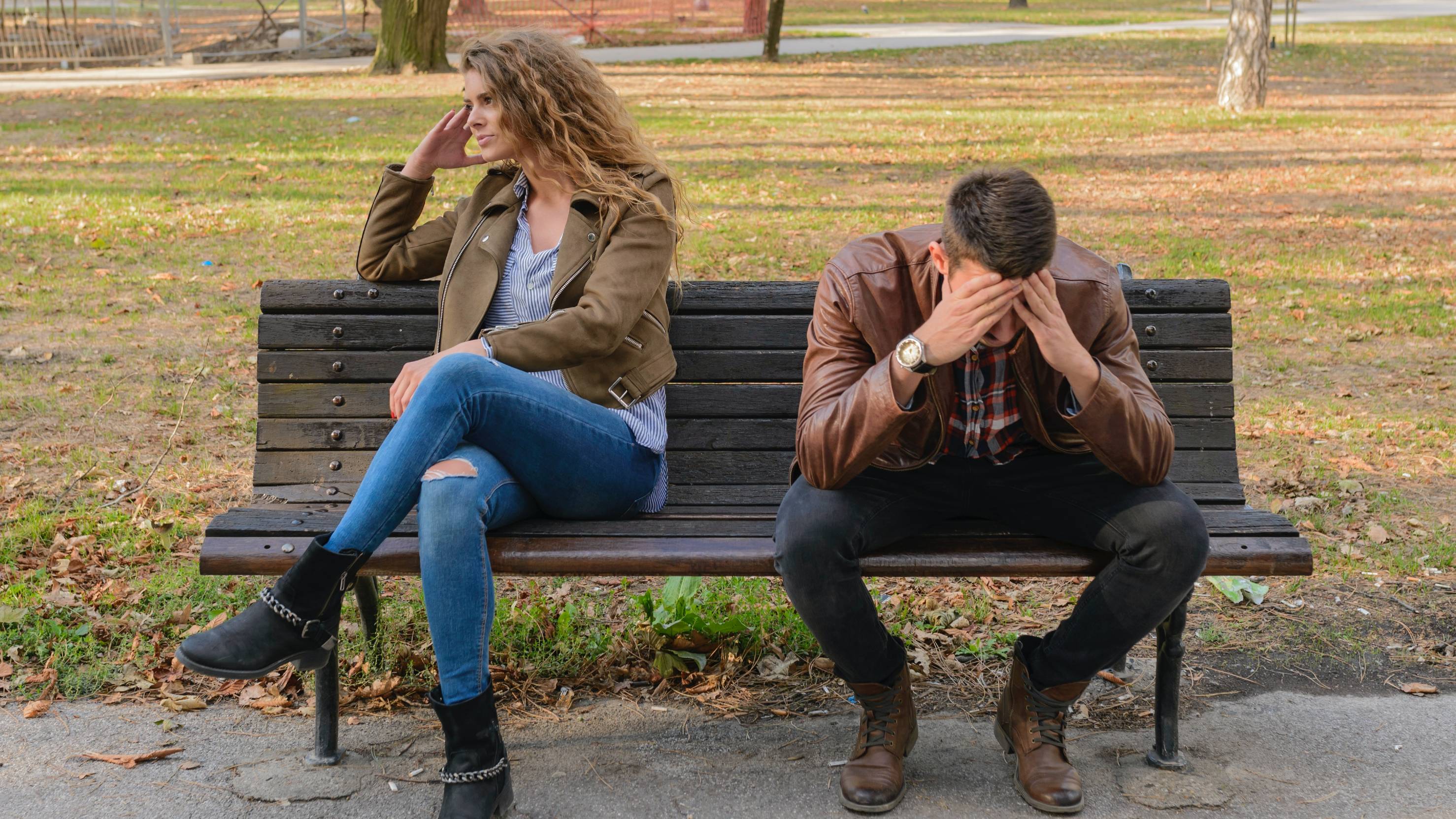
Lowered sex drive is one of the less talked-about consequences of poor sleep, but it’s very real. That’s because, as we mentioned earlier, a lack of sleep leads to the release of cortisol, which reduces the production of testosterone production. (Although many people assume testosterone is just a male thing, it’s actually important to the sex drive of both men and women.)
One study, looking at 171 college-age women, found that an extra hour of sleep per night led to a 14% increase in the likelihood the women had sex the following day. The good news is that you don’t need to have silly amounts of sleep to make a difference: those women who reported improved sex drives slept for an average of just seven hours 22 minutes per night.

Tom May is a freelance writer and author of the book, Great Ted Talks: Creativity. He has been editor of Professional Photography magazine, associate editor at Creative Bloq, and deputy editor at net magazine. He has also worked for a wide range of mainstream titles including Radio Times, NME, Heat, Company and Bella.
